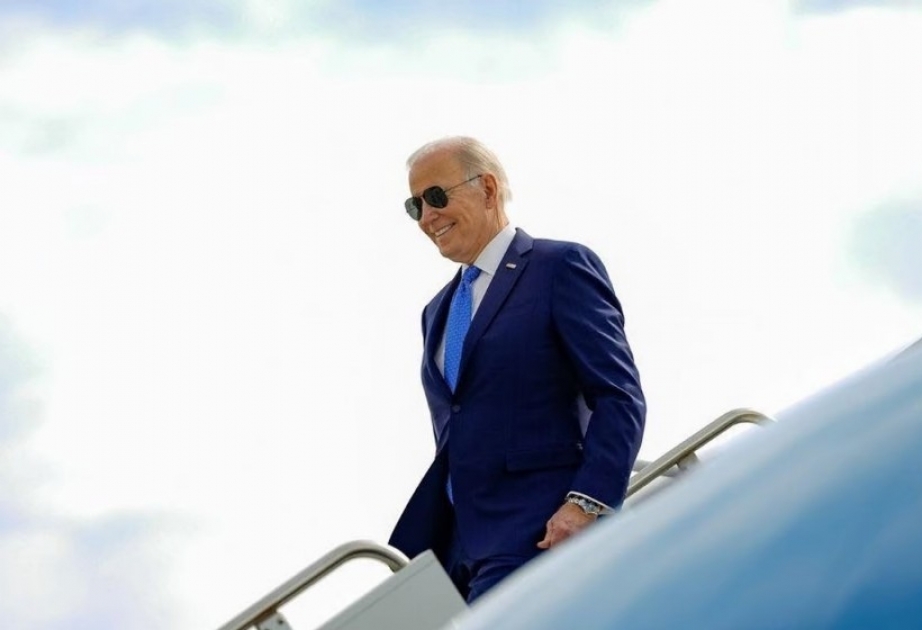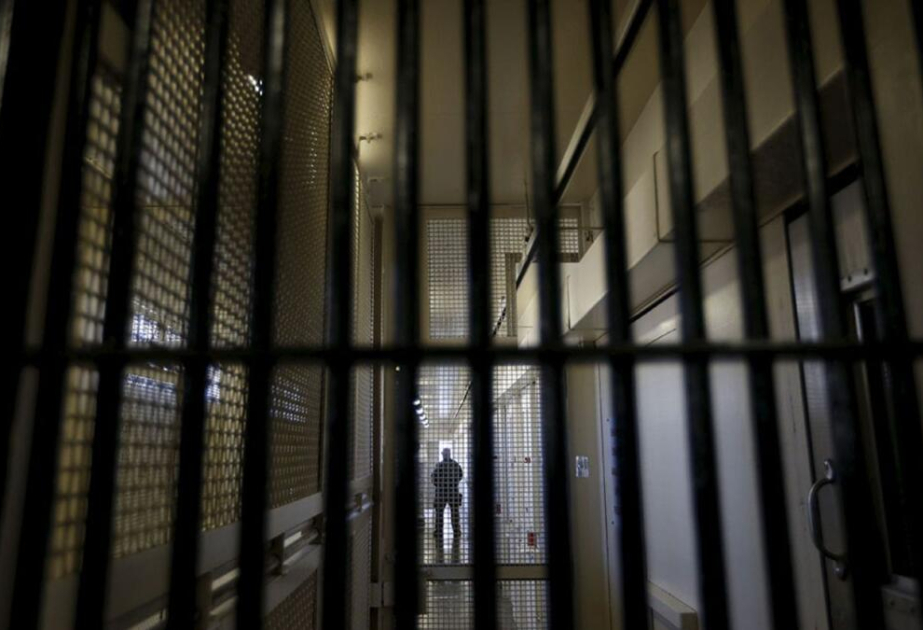WORLD
Biden arrives in Japan for G7 starting with meeting with Japan’s prime minister

Baku, May 18, AZERTAC
President Joe Biden arrived in Japan on Thursday for a truncated Asia visit meant to bolster allies amid China’s growing military and economic ambitions, CNN reported.
The trip, once planned for eight days, has been shortened by half; two of Biden’s three stops were scrapped so he could return to Washington for negotiations over raising the US debt ceiling.
Left with only a stop in Japan for the Group of Seven summit, Biden will attempt to coalesce the leaders of some of the world’s largest economies around a commitment to take on Beijing’s aggressions.
Biden’s aides insist there won’t be any “arm twisting” around the G7 table when it comes to China, and have acknowledged that each of the countries represented — which include France, Germany, Italy, the United Kingdom, Canada, Japan and the United States – will decide on its own approach.
At the same time, the president places a premium on collective action, and wants a unified front when it comes to issues like Taiwan, the South China Sea and Beijing’s coercive economic practices.
“I think you will see, coming out of this summit, alignment and convergence around the fundamental principles of our approach to the People’s Republic of China,” US national security adviser Jake Sullivan told reporters aboard Air Force One as Biden flew to Japan. “Of course, each country has its own distinct relationship and its own distinct approach, but those relationships and approaches are built on a common basis. And I think you will see that reflected in the outcomes of the G7.”
Over the course of his four days here, Biden plans to attend a number of group and individual meetings with G7 allies, as well as with several leaders not in the G7 who have been invited this year as guests. He’ll hold a press conference Sunday before returning to Washington.
He’ll hold talks with Japan’s Prime Minister Fumio Kishida when he lands. The host of this year’s summit has adopted a more robust foreign policy amid Russia’s invasion of Ukraine and China’s growing military assertiveness, a development welcomed inside the White House.








